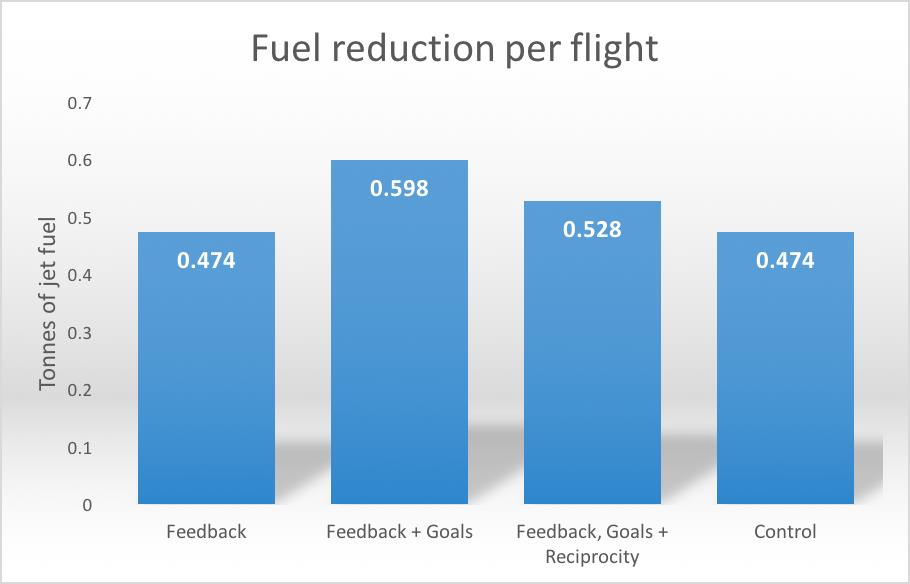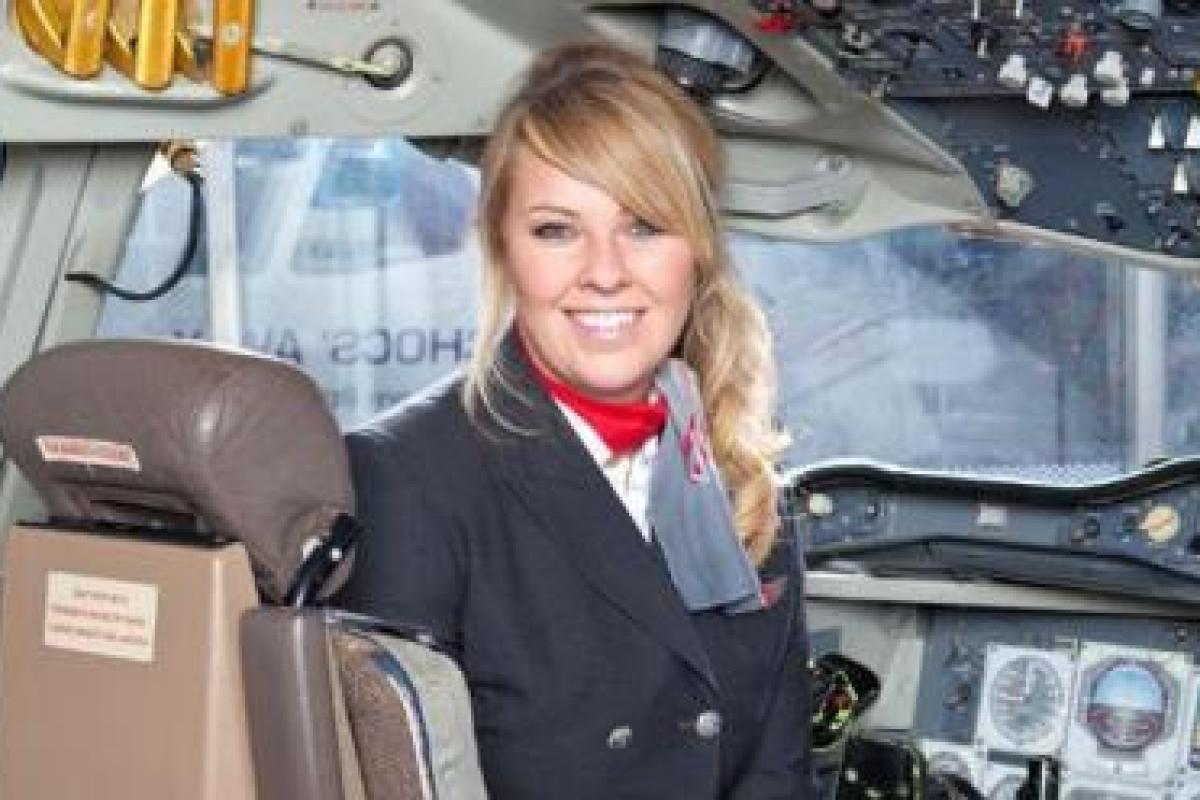Inspired by the growing success of nudges, private companies have become interested in working with academics to leverage behavioural science. An excellent example is the British airline Virgin Atlantic, which set out to tackle their own behavioural challenge, using behavioural science.
In a highly competitive environment, airlines such as Virgin Atlantic are under pressure to keep costs low to stay in business. Fuel costs are the largest single cost item for any airline and represent around one third of total operating costs.
The amount of fuel burned is highly dependent on the decisions made by the captain who can influence fuel costs by choosing the speed, altitude and route. Moreover, captains can also shut off one or more engines while taxiing to conserve fuel.
How did Virgin apply behavioural science?
With this in mind, Virgin Atlantic worked with behavioural economists from the University of Chicago and the London School of Economics to design a set of nudges to encourage their pilots to use less fuel.*
The intervention took place from February 2014 to September 2014. All 335 captains were notified of the study and randomly assigned to one of four groups:
- Group 1 – Feedback: This group received personalised feedback on their fuel efficiency in the previous month. By providing feedback, Virgin leveraged an important motivator that helps people learn and close the gap between their current and optimal behaviour. Feedback serves as a marker of progress and provides positive reinforcement;
- Group 2 – Feedback + Goal Setting: this group received explicit fuel-use goals for the upcoming month and received feedback about meeting expected targets. Setting specific and attainable goals also catalyses behaviour change, making people more motivated and committed to achieve their goal;
- Group 3 – Feedback + Goal Setting + Reciprocity: this group received the above feedback and goals plus a commitment from Virgin to donate £10-£30 to a charity of their choice if they achieved the goal, leveraging a concept known as reciprocity among pilots; when we are met with a positive action from someone, we have a natural desire to reciprocate with another positive action. When a pilot saved fuel costs for Virgin, the airline promised to respond in kind by passing on the favour to the charity chosen by the pilot.
- Group 4 - Control: this group was notified of the ongoing study on fuel efficiency, but carried on with business-as-usual.
What was the impact on fuel use?
Virgin Atlantic found promising results. Providing tailored feedback and efficiency goals (Group 2) had the greatest impact during the intervention, improving various efficiency measures by 9% to 20%; for example the reduction in fuel used per flight is shown in the figure below. Against expectations, charitable contributions for meeting targets did not further change fuel efficiency behaviour, yet these captains reported a higher job satisfaction.
It is notable that even the control group improved fuel efficiency, revealing that simply receiving information about participating in a study changed the captains’ behaviour, a concept known as the Hawthorne effect. In fact, Virgin estimates their captains’ awareness of being monitored had the greatest impact on fuel savings.

A post intervention questionnaire also revealed that 81% of captains surveyed would like to receive more fuel and carbon efficiency information in the future, which further highlights the power of feedback in promoting behaviour change.
Over the 8-month period, the intervention saved Virgin an estimated £3.3 million in fuel costs – in comparison, Virgin’s annual profit was £14.4 million in 2014. In addition, carbon emissions were reduced by 21,500 tonnes of CO2 – the same would be emitted by an Airbus A330 flying 170 times from London to New York City! The intervention was actually more cost-effective than any carbon abatement technology the airline is aware of!
Overall, Virgin Atlantic demonstrated that a small set of nudges can have a positive impact on both the environment and profitability.
*Sources: Gosnell, G. K., List, J. A., & Metcalfe, R. (2016). A New Approach to an Age-Old Problem: Solving Externalities by Incenting Workers Directly. NBER Working Paper.
Read more from Crawford Hollingworth in our Cluhouse.
